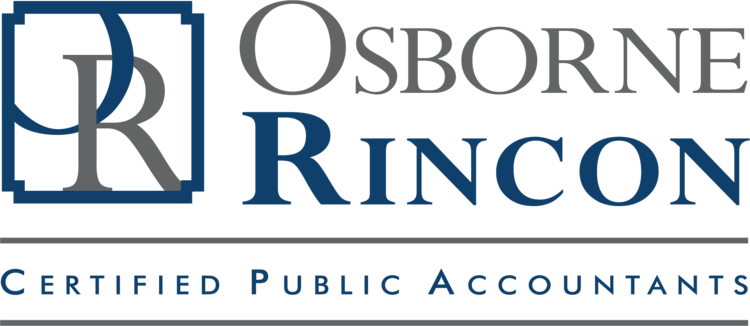By: Mary Barnett, Enrolled Agent
When you align your charitable giving with smart tax strategies, the result could be a win-win situation. Tax strategies are ways to use the provisions of the tax code to make the smartest financial decisions and often minimize taxes. Understanding the tax strategies related to charitable contributions can help you decide how much to give, what asset to give, and when to give, so that you can provide the maximum amount to charity and receive the top tax advantages for yourself.
The first example is the donation of long-term appreciated assets, like stocks or mutual fund shares. Not only are you eligible to take an income tax deduction for the full market value of these securities, but you also could avoid capital gains tax if you would have sold those securities.
Secondly, certain taxpayers may make direct IRA distributions to one or more of their favorite charities without having to include the distribution in gross income. The distributions are referred to as Qualified Charitable Distributions – or QCD. A taxpayer may contribute up to $100,000 each year directly to charity. In order to qualify as a QCD, the owner of the IRA must be at least 70 1/2 years old on the day of the transfer. The distribution will only qualify to the extent that it would have otherwise been includible in the gross income, and the transfer from the IRA to the charity must be a direct transfer. Because these distributions are excluded from income, QCDs are more advantageous than taking a normal IRA distribution and then contributing such distribution later by cash or check to the charitable organization.
With a regular distribution that is included in income, income tax on Social Security benefits could increase, AGI limitations restricting itemized deductions could apply, and an increase in Medicare insurance premiums could be triggered. Another great benefit to a QCD is that the distribution reduces the taxable portion of the taxpayer's IRA dollar-for-dollar, and that the QCD also counts toward a taxpayer's required minimum distribution RMD.
There are many changes projected for 2018. If you have any questions regarding how these changes affect you, contact your CPA, EA or tax professional so that when you go to file your tax return – there will be no surprises.
To learn more, call (760) 777-7805.
